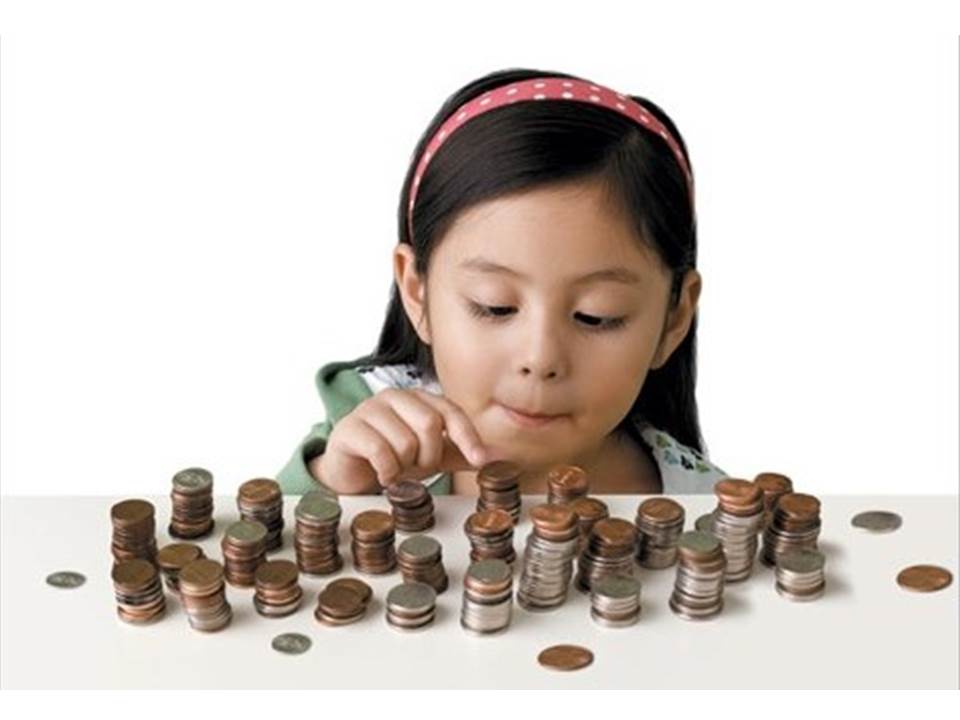It’s tough planning for the future, especially when the present seems so busy – what with work, play dates, child day care and attempting to touch base with our own hobbies every now and again. However, if you’re worried that you’re missing out on much-needed childcare support and the ins and outs of the process – don’t worry – Tiny World Day Nursery is here to explain.
What are childcare vouchers?
These are benefits that are put in place to help working parents pay for their childcare. Typically, an employee who requires childcare vouchers will buy them through the Salary Sacrifice Scheme – this can be done weekly for up to (£55) or monthly (£243). These vouchers help parents to save money because they are exempt for tax and National Insurance. However, childcare vouchers can only be utilised by parents who are eligible for the scheme, having registered and been approved.
Are childcare vouchers no longer available?
As of 4th October 2018, the government closed the childcare voucher scheme to new entrants, but those parents who are already registered with the scheme are allowed to continue with their vouchers, as long as they remain with the same employer.
Are there alternative benefits?
Yes, a new form of childcare support is available to parents who are eligible and this is known as ‘Tax-Free Childcare’. This new scheme will eventually take over the old childcare voucher scheme and will be available to nearly 2 million families within the UK.
What is Tax-Free Childcare and how does it work?
Launched in April 2017, the Tax-Free Childcare scheme offers parents up to £2,000 of savings per child, per year. For every £8 you pay towards your childcare account, the government will pay in £2. Every three months you can gain up to £500 worth of benefits and up to £1,000 if you have a disabled child.
This scheme is administered by HMRC. This scheme operates online, so you set up your childcare account, place money into it and then the government will do the same. Another family member or friend can pay into your account, should they wish to, and the money accumulated in this account will then be directly paid to your childcare provider.
Eligibility for Tax-Free Childcare
Generally, you will be able to get approval for childcare support if you and your partner are:
- Working – or on parental leave/sick leave or annual leave
- Both earning National Minimum Wage or Living Wage for 16 hours each week – equivalent to £125.28 for those age 25 and over
This does not apply to those who are self-employed or have started up a business within the last 12 months.
Your childcare provider
Before reaping the benefits of childcare support you must be signed up to the scheme. You will not automatically be opted in, so either ask your provider or click here to get started.
What happens if my circumstances change?
You can withdraw the money that has built up in the account should you wish to close it, but the government will also withdraw their contribution based on what was in the childcare account.
You’re not eligible for Tax-Free Childcare if:
- You do not live with your child
- If your child is a foster child – but you are eligible if they have been adopted
- If you or your partner have a taxable income over £100,000
- You’re originally from outside of the European Economic Area (EEA)
- Your UK residence card states that you are not eligible to public funds
Not working/in employment?
If you are not currently working or you’re on parental leave for the child you’re applying to get funds for, you will not be able to receive benefits from the scheme until you start working again or until you are looking to restart within the next month.
When will my Tax-Free Childcare end?
The childcare support scheme will end when your child reaches 11 years. Should your child be disabled, you can receive up to £4,000 per year up until their 17th birthday.
With over 30 years caring for babies and children, you can be sure that Tiny World Day Nurseries is the perfect place for your baby to learn and grow. Our fun and educational activities include painting, crafting, exercising, socialising, drawing, storytelling, playing and learning. We offer free places for children aged between 2 and 4 and funding is available for those with the Early Years Grant. For help, advice or to book a tour, get in touch today.
